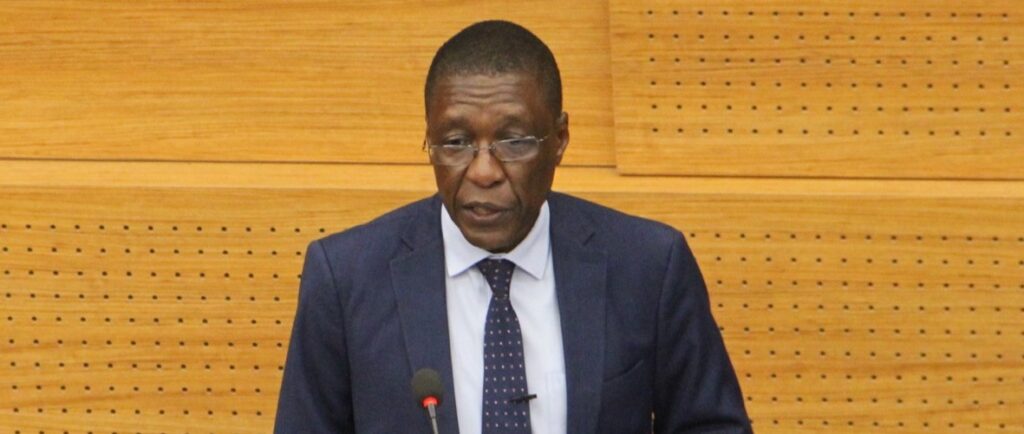The body overseeing South Sudan’s peace process called on the transitional government on Tuesday to provide a clear action plan, timeline, and budget to complete outstanding tasks under the 2018 agreement aimed at ending years of conflict.
The Reconstituted Joint Monitoring and Evaluation Commission (RJMEC) said a “realistic and harmonized” roadmap was needed to restore public confidence in the peace process, which has faced repeated delays.
“A strategy with a clear, coherent action plan, budget, and timeline is essential to build confidence and mobilize resources,” RJMEC Interim Chairperson Gen. George Aggrey Owinow said while presenting the commission’s quarterly report to lawmakers.
The report, covering October 1 to December 31, 2024, urged South Sudan’s leaders to resume dialogue to advance implementation of the revitalized peace deal. It also called for swift judicial reforms, including amendments to the Judiciary Act and the reconstitution of the Judicial Service Commission.
Key election-related bodies remain underfunded, slowing preparations for polls, the report said. Meanwhile, a November 2024 shooting between government troops in Juba violated the permanent ceasefire, but findings from an official investigation have yet to be released.
Security forces were also accused of forcibly entering diplomatic compounds in the capital last December, the report added.
Persistent armed clashes, inter-communal violence, food insecurity, and health challenges continue to worsen humanitarian conditions, RJMEC said.
On the constitutional process, RJEMC noted that the National Constitutional Review Commission has drafted an 18-month action plan, including public consultations, to finalize a permanent constitution.
Transitional National Legislative Assembly Speaker Jemma Nunu Kumba referred the report to parliamentary committees for review, with a response expected within 18 days.
South Sudan, which gained independence in 2011, has been plagued by civil war and political instability. A 2018 peace deal returned opposition leader Riek Machar to the transitional government, but persistent mistrust among the parties and sporadic violence have stalled progress.
General elections are scheduled for December 2026.




